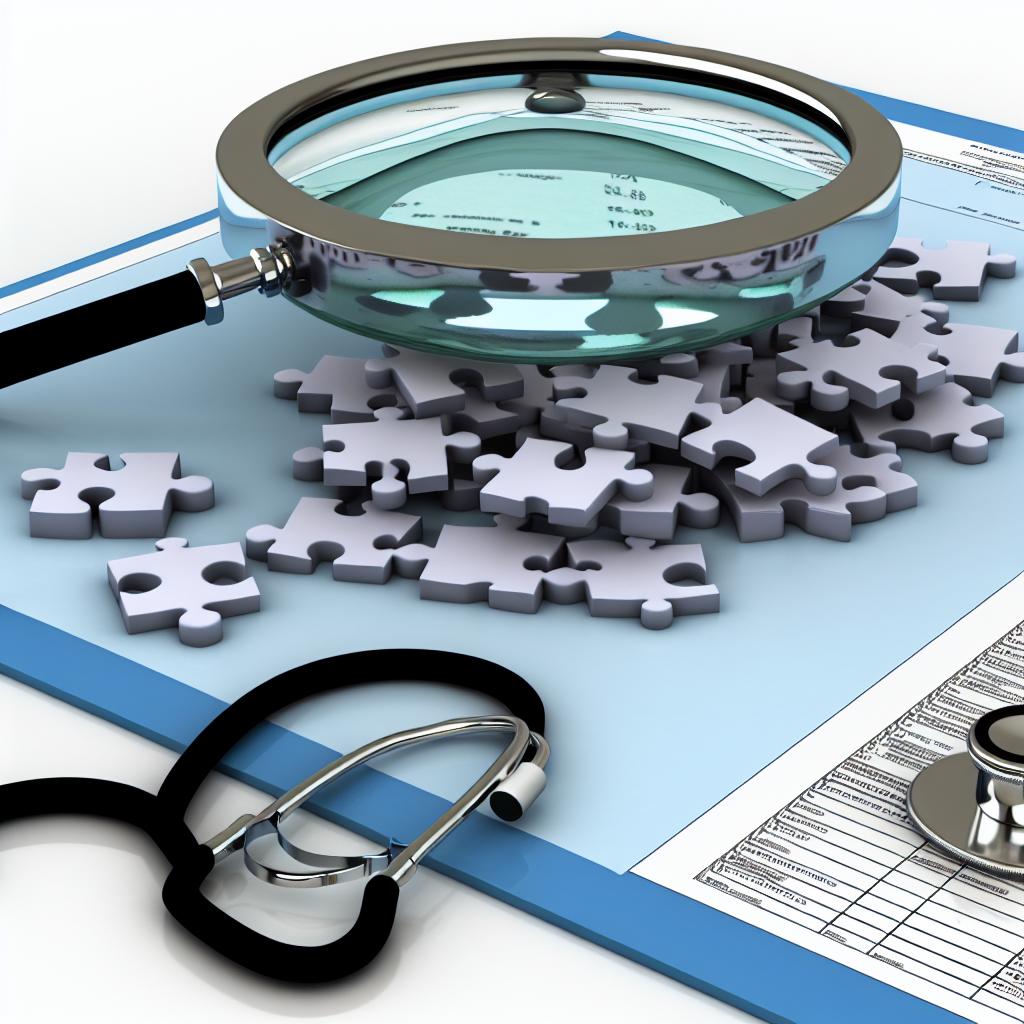
Unlock the secrets to maximizing your health insurance plan for early disease detection and prevention.
Identifying the Right Health Screenings for Your Age and Gender
Understanding the importance of age and gender-specific health screenings is crucial in the proactive management of your well-being. For instance, women over 40 are often advised to begin annual mammograms to screen for breast cancer, while men may be recommended to screen for prostate cancer starting at age 50. Additionally, screenings such as colonoscopies are recommended for both genders starting at age 50, or earlier if there is a family history of colon cancer. Tailoring health screenings to your individual needs not only ensures appropriate care but also maximizes the benefits offered by your health insurance plan.
It's imperative to consult with your healthcare provider to determine which screenings are suitable for you. This conversation should include discussions around your personal and family medical history, lifestyle, and any other risk factors. Leveraging the preventive services that align with your unique profile can lead to earlier detection of diseases, potentially reducing the severity of illnesses and increasing the likelihood of successful treatment.
Understanding Your Health Plan's Coverage for Preventive Care
Preventive care includes a range of services such as vaccinations, screenings, and check-ups that are essential for detecting health issues in their early stages. Health insurance plans often cover these services without copayments or deductibles, making them more accessible. However, understanding the specifics of what your plan covers can be complex. Policies vary greatly in terms of the types of screenings covered, the frequency of covered screenings, and any associated costs.
It is advisable to thoroughly review your health insurance policy or speak with a customer service representative to clarify your coverage. Be sure to ask about any limitations or prerequisites for coverage, such as the need for a referral or pre-authorization. By fully understanding your coverage, you can take full advantage of the preventive care benefits offered by your insurance, ensuring that you receive the necessary screenings without unexpected expenses.
Negotiating with Insurance Providers for Better Preventive Care Coverage
While most health insurance plans are mandated to cover a standard set of preventive services, there may be additional screenings or tests that you believe are necessary for your health that aren't covered. In these cases, it's possible to negotiate with your insurance provider for better coverage. Start by gathering evidence of the necessity of the screening, such as recommendations from medical bodies or your physician.
Prepare a clear argument for the inclusion of these services in your coverage, emphasizing the long-term cost savings for the insurance company through early detection of diseases. Be persistent and willing to escalate your request to higher levels of management if necessary. Additionally, consider leveraging any workplace wellness programs that may offer additional support or advocacy for your cause.
Integrating Wellness Programs and Preventive Measures into Your Routine
Many employers offer wellness programs that complement your health insurance by incentivizing healthy behavior and routine preventive care. These programs often provide resources such as health coaching, gym memberships, or discounts on health-related services. By participating in these programs, you can often improve your health while also reducing your overall healthcare costs.
In addition to employer-sponsored programs, you can take personal steps to integrate preventive measures into your daily routine. This includes maintaining a balanced diet, exercising regularly, and monitoring your health for any changes. Engaging in consistent self-care can reduce your risk of developing chronic diseases and supports early detection should a health issue arise.
Leveraging Technology for Early Detection and Health Monitoring
The advent of digital health technologies has provided additional tools for early detection and ongoing health monitoring. Wearables such as fitness trackers and smartwatches can track vital signs like heart rate and sleep patterns, offering insights into your health that can be shared with your healthcare provider. Mobile apps can remind you of upcoming screenings, track your medical history, and even provide telehealth services.
Moreover, many health insurance plans are beginning to recognize the value of such technologies and offer coverage or discounts for their use. By staying informed about the latest digital health tools and understanding how they can be incorporated into your health plan, you can take an active role in managing your health and potentially catch diseases in their earliest, most treatable stages.

